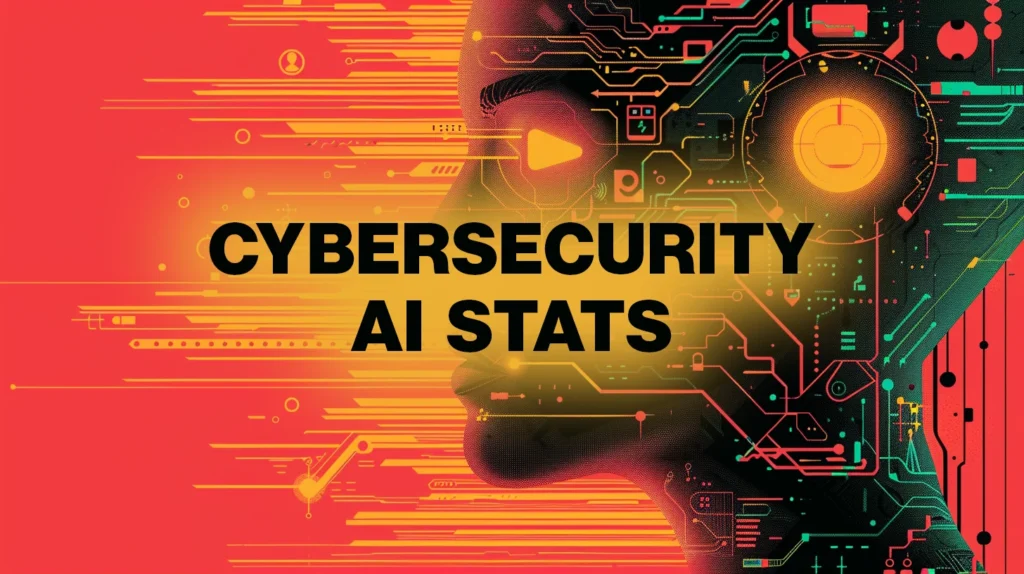This article presents excerpts from our recent reports that provide statistics and insights into the challenges and cybersecurity issues arising from the expansion of AI.

Security experts are cautiously optimistic about AI
Cloud Security Alliance and Google Cloud | Research Report on the State of AI and Security | April 2024
- 55% of organizations plan to implement a GenAI solution this year, indicating a significant increase in GenAI integration.
- 48% of professionals express confidence in their organization's ability to implement a strategy to leverage AI in security.
- 12% of security professionals believe AI will completely replace their role.

AI abuse and misinformation campaigns threaten financial institutions
FS-ISAC | Navigating Cyber 2024 | March 2024
- Threat actors are expected to take advantage of ongoing geopolitical conflicts and a “super-election” year with five national elections around the world to launch misinformation campaigns and DDoS attacks against critical infrastructure. Masu.
- DDoS attacks continue to grow in size, scope, and sophistication, with 35% of all DDoS attacks targeting the financial services sector by 2023.

Companies are increasingly blocking AI transactions due to security concerns
Zscaler | AI Security Report 2024 | March 2024
- Enterprises are now blocking 18.5% of all AI transactions, an increase of 577% from April to January, bringing the total number of blocked transactions to over 2.6 billion.
- Some of the most popular AI tools are also the most blocked. In fact, ChatGPT has the distinction of being both the most used AI application and the most blocked AI application.

Scammers use AI tools to capitalize on tax season anxiety
McAfee | 2024 Tax Fraud Investigation | March 2024
- Of those who clicked on a fraudulent link that appeared to be for a tax service, 68% lost money. Of these, 29% lost more than $2,500 and 17% lost more than $10,000.
- 9% of Americans are confident in their ability to spot deepfake videos or recognize audio generated by AI, such as a fake performance by an IRS employee.

Advanced AI, analytics and automation are essential to address the complexity of your technology stack
Dynatrace | Observability status in 2024 | March 2024
- 97% of technology leaders feel that traditional AIOps models cannot handle data overload.
- 88% of organizations say their technology stack has become more complex in the past 12 months, and 51% say it will continue to become more complex.
- 72% of organizations have adopted AIOps to reduce the complexity of managing multicloud environments.

Today’s biggest AI security challenges
Hidden Layers | AI Threat Landscape Report 2024 | March 2024
- 98% of companies surveyed believe some of their AI models are critical to business success, and 77% have experienced a breach of their AI systems in the past year.
- 61% of IT leaders agree that shadow AI (solutions not officially known or under IT department control) is an issue within their organization.

AI tools put businesses at risk of data breaches
Code 42 | Annual Data Exposure Report 2024 | March 2024
- Since 2021, there has been an average increase of 28% in insider data breaches, loss, exposure, and theft events per month.
- Although 99% of businesses have data protection solutions in place, 78% of cybersecurity leaders admit that they still experience a breach, leak, or exposure of sensitive data.

95% believe LLM makes phishing detection more difficult
LastPass | LastPass Survey 2024 | March 2024
- More than 95% of respondents believe that dynamic content through large-scale language models (LLMs) makes it more difficult to detect phishing attacks.
- Phishing will continue to be the top social engineering threat to businesses throughout 2024, surpassing other threats such as business email compromise, vishing, smishing, and baiting.

How AI is reshaping the cybersecurity work environment
ISC2 | AI Cyber 2024 | February 2024
- 88% of cybersecurity professionals believe AI will have a significant impact on their work now or in the near future, and 35% are already seeing that impact.
- 75% of respondents are moderately to very concerned that AI will be used for cyberattacks and other malicious activities.
- The survey found that 12% of respondents said their organization blocks access to all generative AI tools in the workplace.

Companies banning or restricting the use of GenAI due to privacy risks
Cisco | Cisco 2024 Data Privacy Benchmark Study | February 2024
- 63% have placed limits on what data can be entered, 61% have placed limits on what employees can use GenAI tools, and 27% say their organization has completely banned GenAI applications for the time being .
- Despite the costs and requirements that privacy laws can impose on organizations, 80% of respondents say privacy laws have a positive impact on their organizations, while only 80% say they have a negative impact. It was only 6%.
- 91% of organizations recognize that they need to do more to reassure customers that their data is only being used for its intended and legitimate purpose in AI.

Unleashing the full potential of GenAI through work innovation
Accenture | Work, workforce, and workers: Reinventing in the age of generative AI | January 2024
- 95% of employees value working at GenAI, but 60% are also concerned about job loss, stress, and burnout.
- 47% of reinventors have already started thinking more broadly and recognize that significant changes to their processes are needed to get the most out of GenAI.

Attackers exploit trends to target popular GenAI apps
Netscope | Cloud and Threat Report 2024 | January 2024
- In 2023, ChatGPT became the most popular generative AI application, accounting for 7% of enterprise usage.
- Half of all enterprise users use 11 to 33 cloud apps each month, and the top 1% use 96 or more apps each month.



